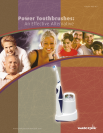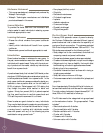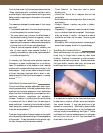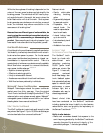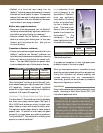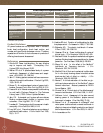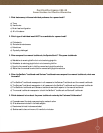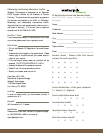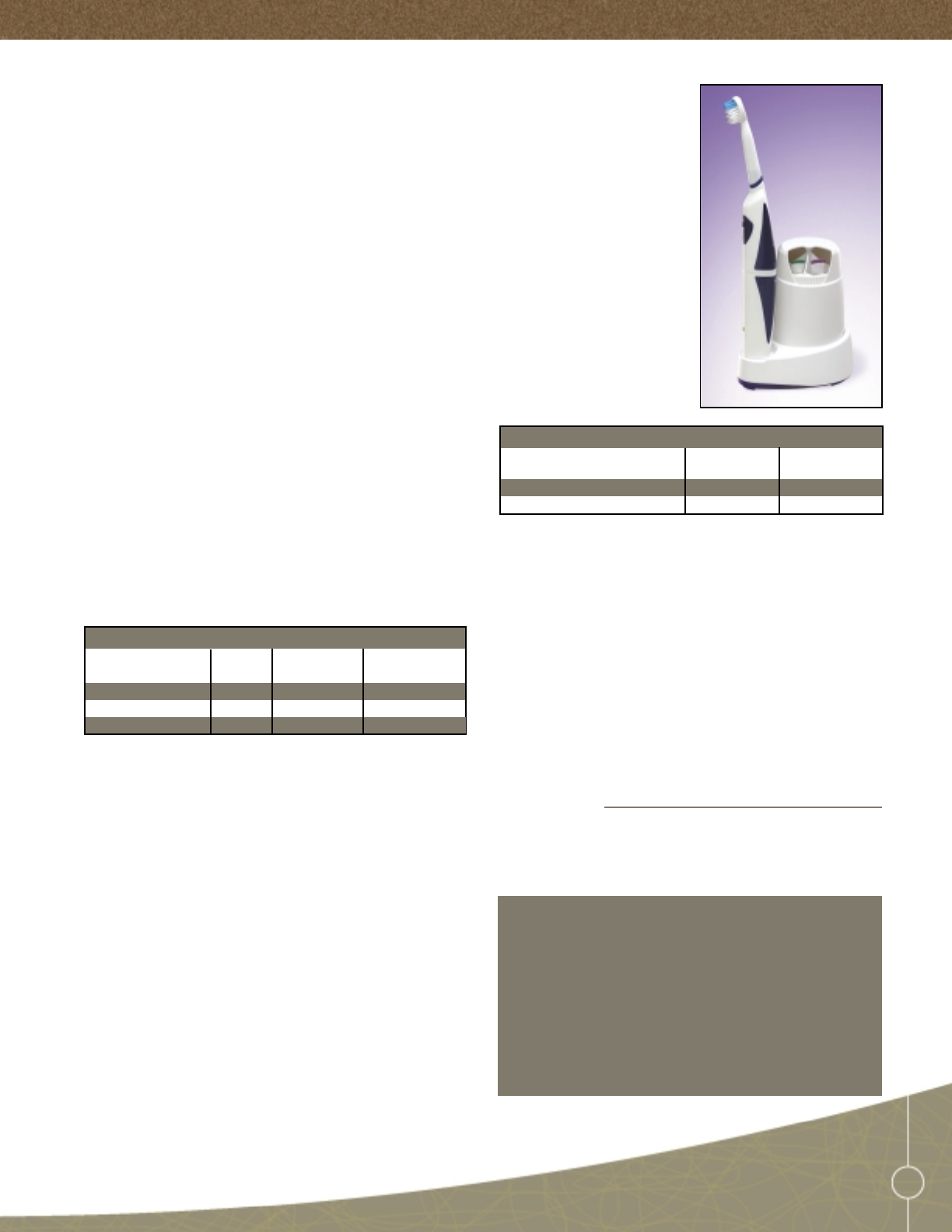
5
• MacNeill et al found that sonic energy from the
SenSonic
®
toothbrush severely shortened and/or removed
fimbriae from the cell walls of A viscosus. The researchers
observed that these study findings were consistent with
previous studies on other sonic brushes that have exam-
ined the effect of sonic energy on bacteria.
14
Biofilm, stain, gingivitis reductions
• Barnes and others demonstrated that the SenSonic
®
toothbrush showed statistically significant reductions in
both biofilm and gingivitis after four weeks use.
15
• Hefferren showed that the SenSonic
®
toothbrush is
effective at reducing both existing stain (of one year’s
duration) and that induced by diet - after just one
minute of brushing.
17
Comparison to Sonicare
®
toothbrush
• Zimmer and co-workers compared a manual brush to the
SenSonic
®
toothbrush and Sonicare
®
toothbrush and
found both sonic brushes were more effective in removing
biofilm and reducing gingivitis than the manual tooth-
brush.
16
The chart below highlights the percent reduc-
tions from baseline for each of the brushes in the study:
*Both the SenSonic
®
toothbrush and the Sonicare
®
tooth-
brush reduced bleeding to nearly the same level, 0.06 and
0.07 respectively. However, the Sonicare
®
toothbrush
started with a higher baseline reading than the SenSonic
®
toothbrush, 0.56 versus 0.35 respectively.
16
SynchroSonic™ Plus Advanced Action Sonic Plaque Remover
The SyncroSonic™ Plus toothbrush is the first affordable,
dual motor sonic plaque removal system. See Figure 4.
With 40,000 brush strokes per minute, this dual motor
design creates a unique multi-directional bristle action.
The ergonomic angled design allows for better access to
posterior teeth. In addition to brush heads, the system
comes with a tongue cleaner and polishing attachment.
The SynchroSonic™ Plus toothbrush is clinically proven
superior to a manual toothbrush.
18
In a randomized clinical
trial by Barnes et al, the
SynchroSonic™Plus tooth-
brush was significantly
more effective at reducing
biofilm and gingival bleed-
ing than a manual tooth-
brush. There was no evi-
dence of hard or soft tissue
abrasion from the use of the
SynchroSonic™ Plus
toothbrush.
18
The chart
below highlights the clinical
outcomes from the study.
*Statistically significant
18
A synopsis and comparison of other high-speed power
brushes is included in the chart on page 6.
When you recommend products, it is beneficial to know
where they can be purchased along with an estimated cost.
Having this information will enhance credibility and
increase compliance with your recommendation.
Alternatively, products can be purchased at professional
discounts for dispensing in the office.
Conclusion
Power toothbrushes are safe and effective devices for many
people. According to Maria Perno Goldie, RDH, MS,
international speaker and author,
“No longer are power toothbrushes
considered only for special needs clients, but
rather the logical choice for all adult and
child clients. Cost is no longer an issue
because prices of deluxe models are lower
than ever, and low-cost battery operated
portable toothbrushes are now available.”
1
Figure 4
Percent Reductions from Baseline
18
.
DENTAL GINGIVAL
BIOFILM INDEX BLEEDING INDEX
Manual toothbrush 5.4% 20%
SynchroSonic™ Plus toothbrush 9.7%* 32%*
Percent Reductions from Baseline
16
BIOFILM APPROXIMAL PAPILLARY
INDEX BIOFILM INDEX BLEEDING INDEX
Sonicare
®
toothbrush 48.3% 74.6% 87.5%*
SenSonic
®
toothbrush 52.5% 75.9% 82.9%*
Manual toothbrush 10% 17.4% 52.5%



